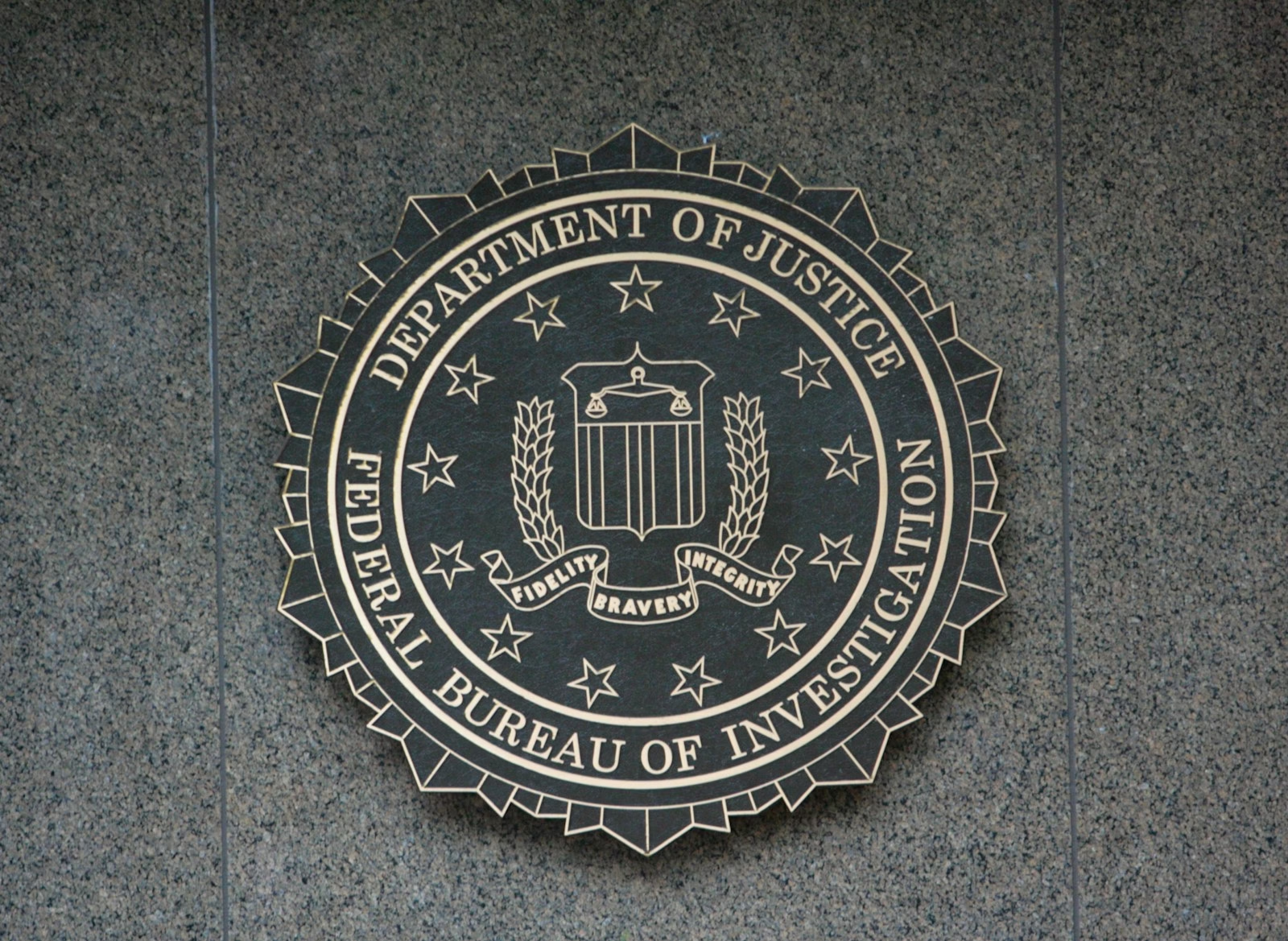Key Takeaways:
- FBI Director Kash Patel claimed the FBI played a major role in arresting Tyler Robinson.
- Critics say the FBI mishandled the case from the start.
- The FBI released public footage that helped identify the suspect.
- Newsweek has contacted the FBI for an official response.
FBI Credit Sparks Debate Over Charlie Kirk Murder Case
The tragic murder of political activist Charlie Kirk shocked many across the country. Soon after the arrest of suspect Tyler Robinson, FBI Director Kash Patel took to social media, claiming praise for the FBI’s role in the case. Now, his comments have sparked a national debate. Did the FBI really help catch Kirk’s killer, or are they just trying to cover up missteps?
What Happened to Charlie Kirk?
Charlie Kirk was found dead last month under suspicious circumstances. The case quickly made headlines, and the public began asking tough questions. As emotions ran high, authorities scrambled to find leads. After several days, police arrested Tyler Robinson, a young man with a troubled past.
Many were relieved by the arrest, believing justice might finally be served. But now, the focus has shifted — not just on Robinson, but also on how federal agents handled the case from the beginning.
FBI’s Role in the Investigation
Kash Patel, Director of the FBI, posted on the social platform X saying his agency was crucial in catching Robinson. He highlighted that the FBI had reviewed surveillance footage and released helpful visuals to the public. According to Patel, those FBI-released clips were what led to Robinson being recognized and eventually arrested.
He wrote that the FBI “enabled swift public identification” by pushing key footage across national media. Patel called this a “textbook example” of federal and local cooperation.
Critics Call Out FBI’s Handling
Despite Patel’s confident remarks, many viewers online and critics in the media say the FBI should not be patting itself on the back. Some believe the bureau was slow to act during the first critical days after the murder. Others argue that local police departments worked faster and smarter than federal teams during the early phases of the search for Robinson.
Some even accuse the FBI of using the case to boost its image at a time when public trust in the agency is shaky. “Claiming credit after the fact doesn’t mean you earned it,” one political commentator said.
A Pattern of Missteps?
The FBI has faced several controversies in recent years about its involvement — or lack of involvement — in high-profile cases. From school shootings to cyberattacks, critics say the agency is either too slow or too reactive.
In Kirk’s case, some argue the bureau should’ve taken a leadership role right away. Instead, it remained quiet for days, before stepping into the spotlight only after the arrest was made. Patel’s sudden praise for the bureau looks, to some, like damage control.
Putting FBI Credit Under the Microscope
The key question remains: Does the FBI deserve this credit?
In his post, Patel insists the footage their team released was the turning point in identifying Robinson. Yet, some reporters reveal it was actually a tip from a witness that led local police straight to the suspect. The footage may have played a part — but perhaps not as large a role as claimed.
It’s unclear how much of the investigation was actually led by federal agents. Some law enforcement insiders have said the FBI mainly supported efforts after locals developed strong leads.
Timing Matters
The timing of Patel’s comments is also suspicious to many observers. He posted about the FBI’s role right as public frustration over the unsolved case was reaching its highest level. Some are questioning whether he was trying to shift focus away from criticism, by offering a positive spin on the arrest.
Others feel it’s dangerous when major officials use tragedy as a way to improve their public image. “This isn’t about credit. It’s about justice,” said one online commenter.
A Response Still Pending
Newsweek has reached out to the FBI for comment. So far, there has been no official response or interview from Patel or the agency itself. The public is left waiting for more details from an organization supposed to protect transparency.
As the debate rages on about who truly helped capture Charlie Kirk’s alleged killer, the FBI remains in a gray area — claiming victory while avoiding clear answers.
Public Trust in Question
The FBI’s main struggle isn’t just handling cases — it’s also restoring public trust. Stories like this one make it harder for Americans to feel like the government is fully on their side.
While claiming FBI credit might help the bureau in the short term, lasting fairness comes from action, not applause. People want justice done right, not stories that sound good on social media.
Conclusion: Credit or Public Relations Move?
In a high-stakes case like Charlie Kirk’s murder, every decision counts. The FBI’s involvement — while possibly helpful — now appears wrapped in questions about sincerity and performance. Whether the bureau genuinely helped solve the case or simply arrived when the work was mostly done remains unclear.
As coverage grows and more facts are revealed, the public will need to decide: Did the FBI really aid in justice, or simply claim credit for it?
Only time — and transparency — will tell.
FAQs
What did the FBI do in the Charlie Kirk murder case?
FBI Director Kash Patel said the agency shared videos and images of the suspect, helping the public identify Tyler Robinson.
Was Tyler Robinson arrested because of FBI efforts?
While the FBI released some helpful footage, reports suggest a tip from a witness led to Robinson’s arrest.
Why are people questioning FBI credit?
Many people believe the FBI was slow to act and stepped in after most of the work had been done by local authorities.
Has the FBI responded to the criticism?
News outlets have asked the FBI for a statement, but there hasn’t been an official response yet.
